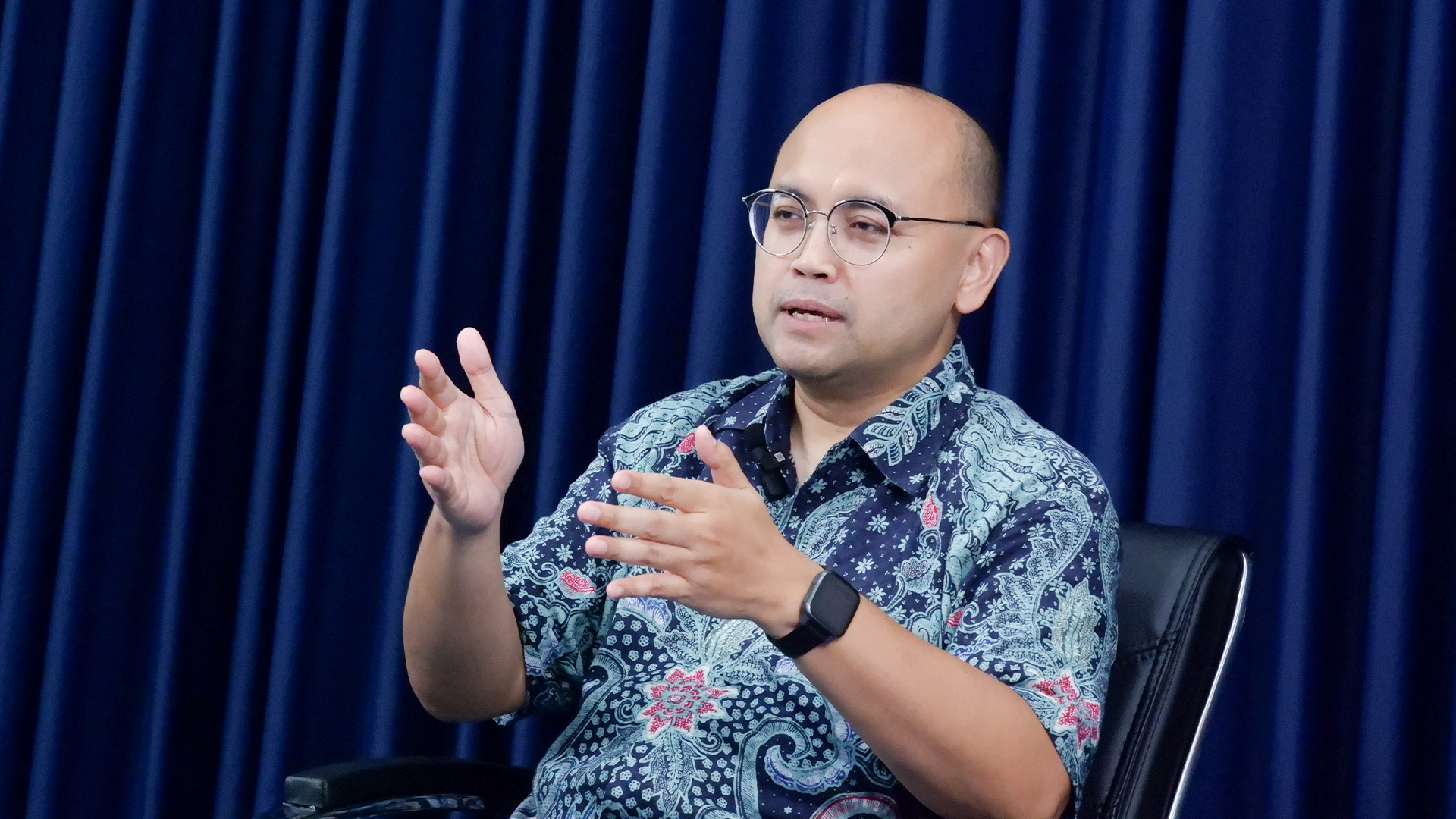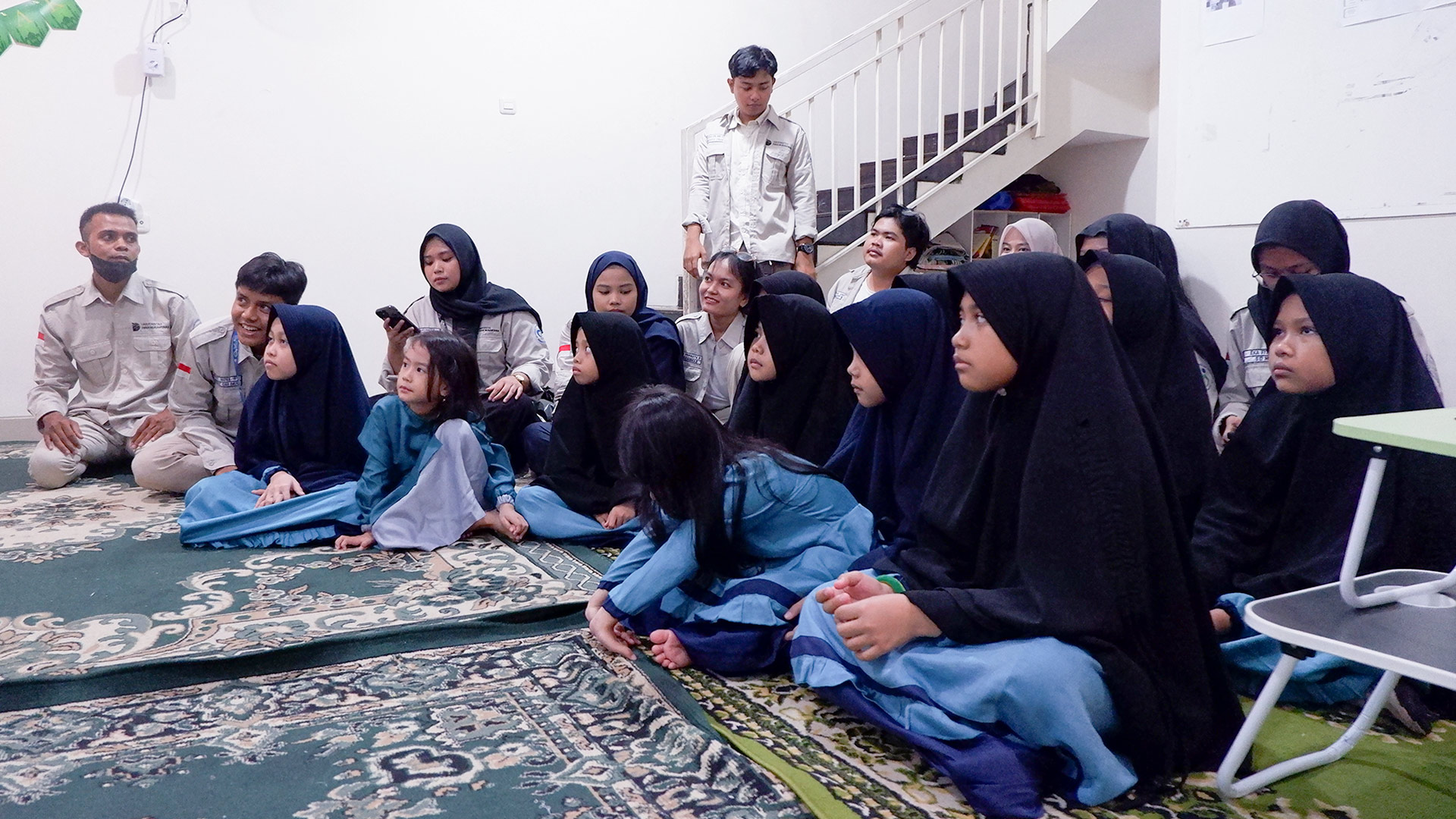Maintaining Professionalism: The Concept of Platonic Relationships in Socializing Throughout the Digital Era

Humans naturally need others to survive; this is an instinctual structure that cannot be eliminated from life. Human beings engage in social interactions to fulfill the need for affiliation, which is the need to have the presence of certain individuals or groups in one's life. Social interaction naturally leads to interpersonal communication, one of which is in socializing.
Socializing is the interaction between several individuals who spend time together to increase productivity and provide motivation in the form of emotional support (Baron & Branscombe, 2012). Through socializing, communication is established among the parties involved, leading to various benefits, such as information on job vacancies, discussions on public issues to gain specific insights, and, of course, enhancing teamwork in the workplace.
Based on the categorization of socializing, the concept of friendship can be divided into three classes: acquaintances, close friends, and best friends. The concept of friendship also extends into the workplace in the form of teamwork, where friendships help support work activities and efficiency.
This is because the natural familiarity between individuals is more likely to foster consistent solidarity, as explained by B.F. Skinner's theory, which states that human behavior can be conditioned through specific approaches that provide particular stimuli, such as praise, criticism, or something as simple as a smile.
However, in certain cases, gestures intended to improve performance or productivity may be overly interpreted by some individuals. This relates to the concept known as Perceived Enjoyment. According to research by Davis, F. D. (1989); Moon & Kim (2001); Koenig-Lewis et al. (2015); Venkatesh et al. (2012) on human psychology regarding responses to Perceived Enjoyment, it is explained that individuals can experience comfort with something due to specific systems that foster this subjective comfort.
Among Generation Z teenagers, this phenomenon is frequently observed. Therefore, education on the concept of Platonic Relationships is essential and can be implemented in life to help individuals stay focused on their respective objectives and avoid subjectivity and emotional distractions. Platonic Relationships suggest that social interactions can be based on a professional level or formality without emotional attachment that may cause distractions.
Research by O'Meare (1989), as cited by Bleske-Rechek et al., (2012), identified four challenges in friendships:
-
Defining the type of emotional bond,
-
Facing and setting boundaries on intimacy in socializing,
-
Presenting the relationship as an authentic friendship to the environment,
-
Equality in the context of gender.
Applying the concept of Platonic Relationships in communication can also help individuals maintain their attitude, especially in professional settings. This is because Platonic Relationships naturally promote emotional control and reduce narcissism in both parties. Moreover, Platonic Relationships in socializing can facilitate better social interaction and communication with colleagues, regardless of gender.
Platonic Relationships also play a role in instilling discipline in trusting others. Social interactions, particularly among Generation Z teenagers, are often based on excessive emotional investment. Educating on emotional discipline provides a sense of security and emotional stability without tension or subjective complications.
In the professional world, the application of Platonic Relationships at work allows individuals to focus on their tasks without sentimental distractions between colleagues, especially those of the opposite genders. In life, and particularly in the workplace, maintaining professionalism is crucial for focusing not only on emotions but also on investing attention in the right direction. In academic terms, in the long run applying the mindset of Platonic relationships will benefit students in terms of maintaining focus for the betterment of self.
(Danang Respati Wicaksono / HUMAS UNDIRA)
Press Contact :
Biro Humas & Sekretariat Universitas Dian Nusantara
Facebook : www.facebook.com/undiraofficial
Instagram : www.instagram.com/undiraofficial
Twitter : www.twitter.com/undiraofficial
www.undira.ac.id
Other

From Finance to Management: The Journey and Ideas of Dwi Sapto Febriantaka in the “Up Close” Session
Read more
UNDIRA Student Research: Video Game Marketing Strategies and the Secrets Behind Mobile Legends' Promotional Campaigns
Read more
Emphasizing Social Solidarity, HIMAKOM UNDIRA Students Organize a Sharing Activity with the Local Community
Read more
Campus Tanjung Duren
Jln. Tanjung Duren Barat II No. 1
Grogol, Jakarta Barat. 11470
Campus Green Ville
JIn. Mangga XIV No. 3
Campus Cibubur
Jln. Rawa Dolar 65
Jatiranggon Kec. Jatisampurna, Bekasi. 17432







